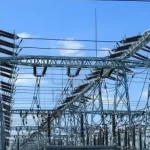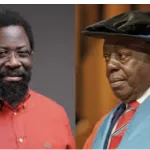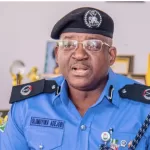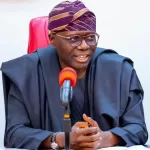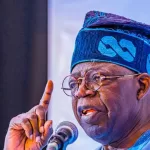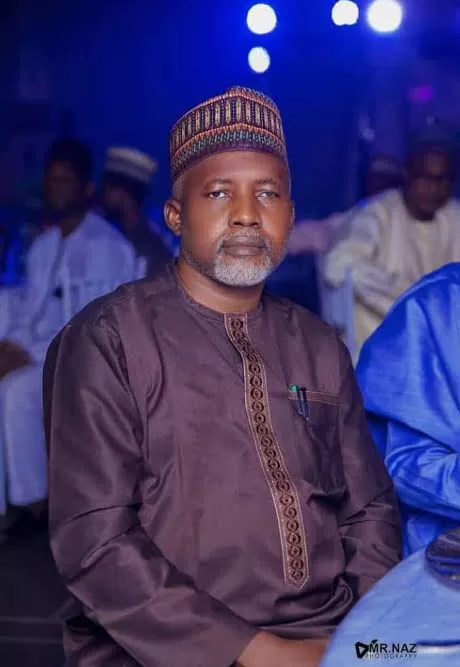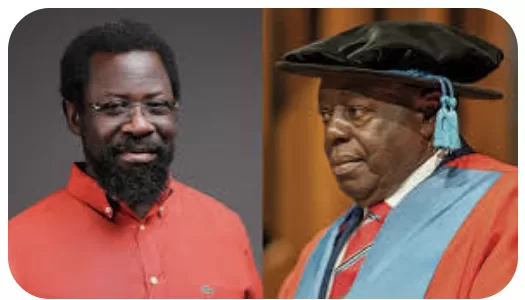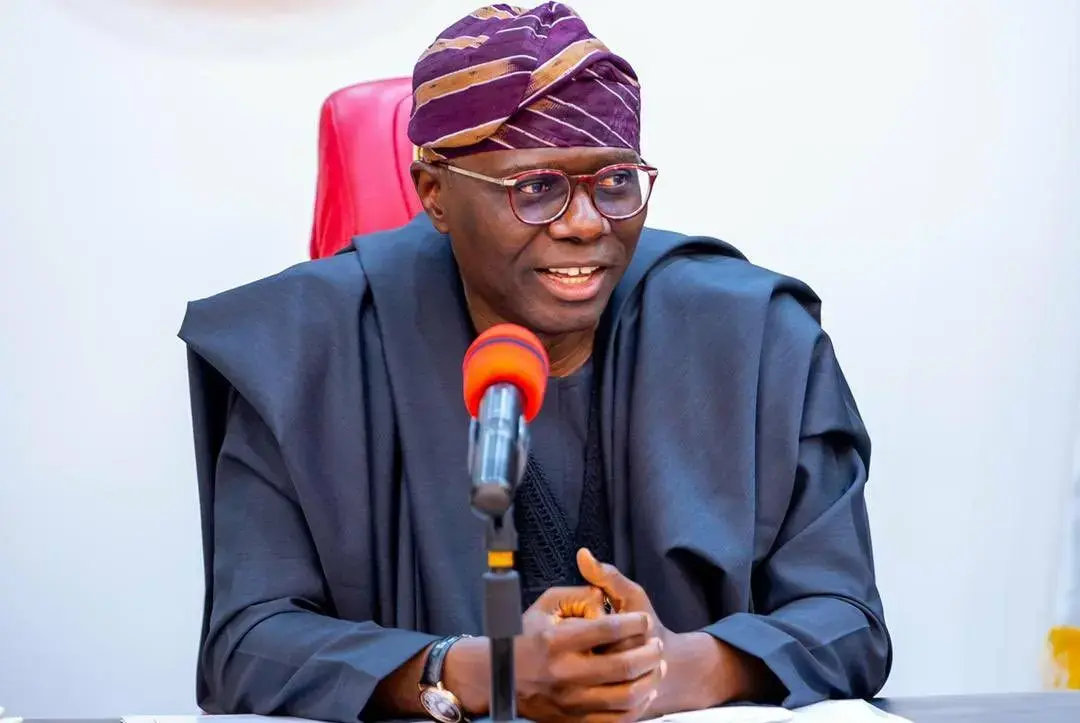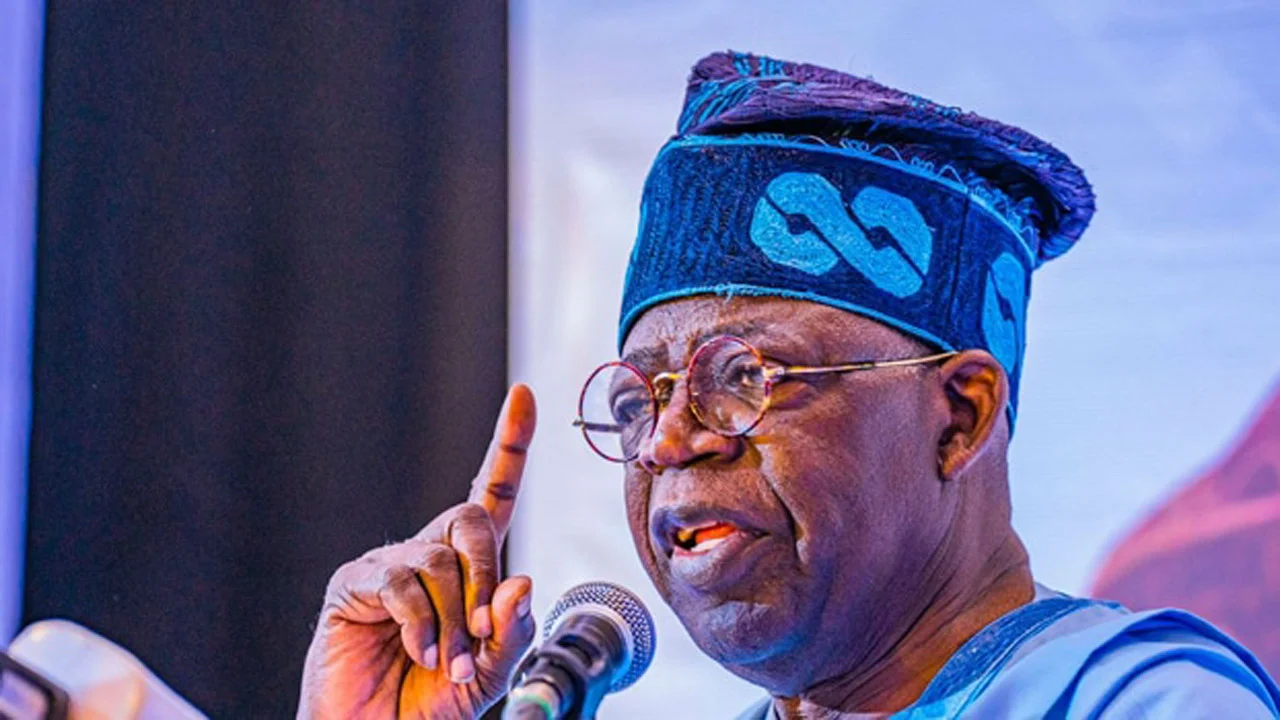Minister of State for Education, Dr. Yusuf Sununu, announced that in the last few months, the ministry had succeeded in returning about 2 million out-of-school children in Nigeria back to school.
He credited this achievement to the tracking mechanism of President Bola Ahmed Tinubu and a series of zonal campaigns aimed at enrolling out-of-school children. “I still maintain that the number of out-of-school children is unacceptable,” he stated.
Speaking in an interview with ARISE NEWS on Thursday, Sununu emphasised that reducing the number of out-of-school children, providing good education, and equipping students with strong skills to survive independently were key measures to assess the ministry’s performance. He noted, “As a ministry, we strategised because out-of-school children are a major thematic area in the agenda of the President.”
Sununu highlighted the ministry’s collaborative approach, stating, “Our approach is that whatever we do, we are developing it in a collaborative manner. For example, the road map to education 2024–2027 that we have developed is a collective bargain from the state up to the national level.”
He also pointed out the improved working relationships with some states, which currently, are not paying for WAEC and NECO examinations.
He introduced a project called DOTS: D for data to plan where they are going, O for out-of-school children, T for teachers, and S for skills. The project focuses on reskilling and upskilling, a major component of their strategy. Over 1,000 teachers have been trained to work in new schools across various states. He noted, “If you go to the northern part of the country, you will see that we have a deficiency in science and vocational teachers.”
Sununu acknowledged the existing challenges, including economic and human resources issues, but affirmed that the President is working to address these key areas. He stated, “The number of mass attacks has significantly reduced in Nigeria,” and mentioned improved vigilance and the encouragement for states to establish rapid response centres for early information that can be escalated to the national level.
Discussing vocational education, Sununu mentioned the review of curriculum and syllabus to align with modern markets, and noted that the national skill council had developed a policy document as a guiding principle. “Vocational education will be one of the major priority areas,” he said. However, he pointed out the issue of stigmatisation of handwork by graduates.
Sununu concluded by outlining the vision for education in Nigeria, which aligns with President Tinubu’s vision: “Our vision for Education for Nigeria is to have a high quantitative education armed with knowledge, skills, and character so we can improve the chance of average Nigerian citizens to be able to compete locally, nationally, and internationally in global markets.”
He acknowledged the lack of good working understanding between the federal ministry of education and local and state governments but highlighted improvements and successes in specific areas, stating, “I’m not saying we are the best, but we have excelled in specific areas.”
Source: Arisetv

